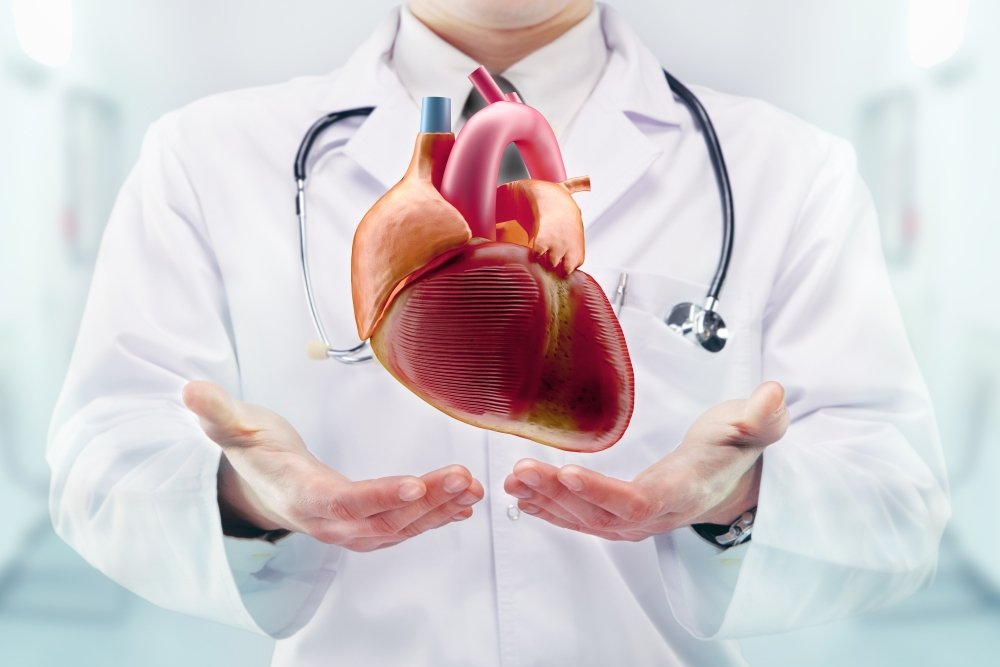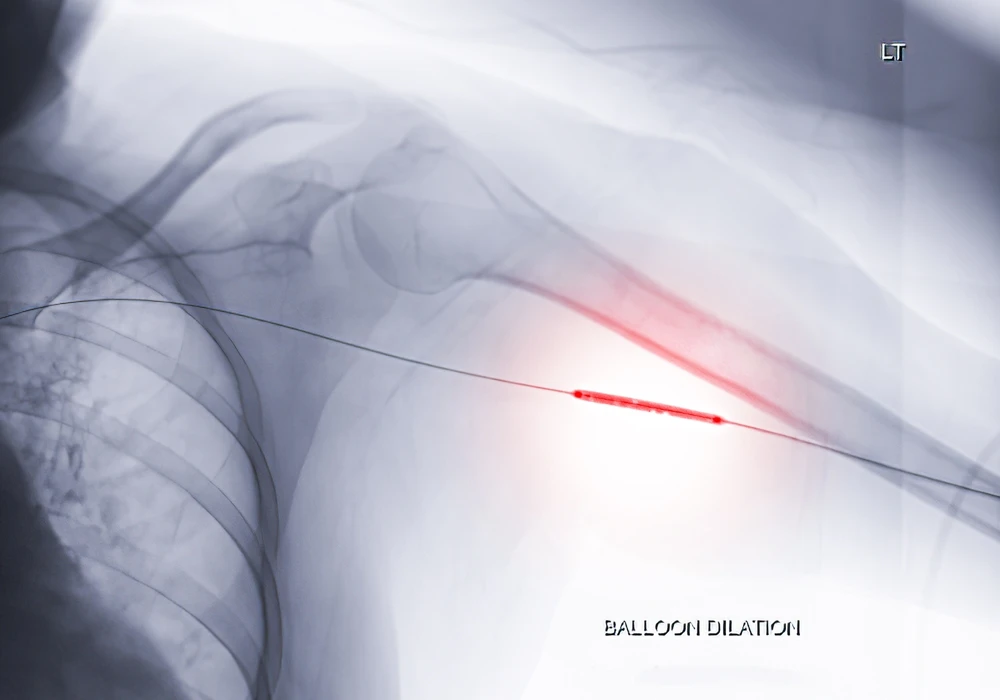
Stress is an emotional or physical tension that is created by perceived challenges, demands, or threats. A stress test shows how the heart works during physical activity. It can also be referred to as a stress exercise test. A stress test is used to diagnose coronary artery disease or irregular heartbeats.
What Can a Stress Test Reveal?
The stress test is commonly performed to learn:
- How well does your heart pump blood?
- Whether your heart is receiving adequate blood supply.
- How well you perform any physical activity as compared to other people your age and sex.
- If you find symptoms like chest discomfort, shortness of breath, feeling like your heart rate is increasing rapidly, and dizziness can return after doing any physical activity.
It’s a fact that if coronary heart diseases are left untreated, they can easily lead to a heart attack or stroke. There are different types of stress tests. They all help to check:
- Blood flow in your heart
- Your blood pressure
- The rate and rhythm of your heartbeat
- The strength of the electric signals that control your heartbeat.
How to Prepare for a Stress Test:
Preparation while going for the test:
While going for the test, you should be wearing loose clothing. As you have to temporarily remove your shirt while the doctor places electrodes on your chest. Before going for the stress test, a smoker needs to quit smoking for at least 24 hours before the test. Likewise, caffeine should be avoided for a day too. Four hours of complete fasting from food and water are required before the stress test. Doctors may also look at the medicines you are using and stop you from using a few before the test.
During the test:
During the test, you may be asked to use the treadmill. As the intensity of your workout increases every few minutes, the technician increases the incline or speed. You might get heavy breathing and sweat. But if there is any pain during the test, you should inform your technician. In the event of any pain or dizziness, the healthcare provider will stop the test immediately. It’s also important for the doctor to monitor a drop or increase in your blood pressure during the test.
After the test:
It’s quite normal to feel tired and winded after the test. But if you start experiencing symptoms associated with a heart like tightness or pain in your chest, you should immediately rush to the nearest emergency room or call 911.
Kind of Stress Tests Performed:
There are different types of stress tests being performed. The kinds of stress tests being performed include:
Exercise stress test:
For this kind of stress test, a person should wear comfortable clothes and walking shoes. This test involves the doctor hooking the person up to different medical devices that monitor the heart. To achieve this, the doctor will place the following:
- Sticky patches or electrodes on the chest
- A blood pressure cuff around your arm
- A pulse monitor on the finger
If a person is not exercising, they will receive an infusion of certain medicines through IV lines. It can cause shortness of breath and headaches.
Nuclear stress test:
During thenuclear stress test, a person should avoid applying lotion, oil, or cream to the skin. For this test, the doctor will give that person an injection of the tracer liquid. It may feel cold to apply. Here, the technician will take a few images of the heart before and after the exercise. The length of time spent exercising will depend on how often a person usually exercises and their medical history. It usually takes a couple of hours for this test to be completed.
What Do Your Test Results Show:
Possible results of your stress test show the following:
- Blood flow during exercise and rest
- Blood flow when resting but not during exercise, possibly
- Indicating a blocked artery
- Low blood flow when exercising and resting, suggesting coronary artery disease
- Some parts of the heart, show tissue damage
Conclusion:
A stress test is a valuable tool for evaluating an individual’s physical fitness and detecting potential health issues. It can provide helpful information to healthcare professionals that can help them make informed decisions about a patient’s treatment plan.
By performing a stress test, individuals can gain insight into their overall health and identify any areas of weakness that may require attention. Although these tests can be challenging, the benefit of undergoing these far outweighs the temporary discomfort. At Heart Experts of Florida, our doctors try to provide stress tests to save patients from developing coronary diseases.




